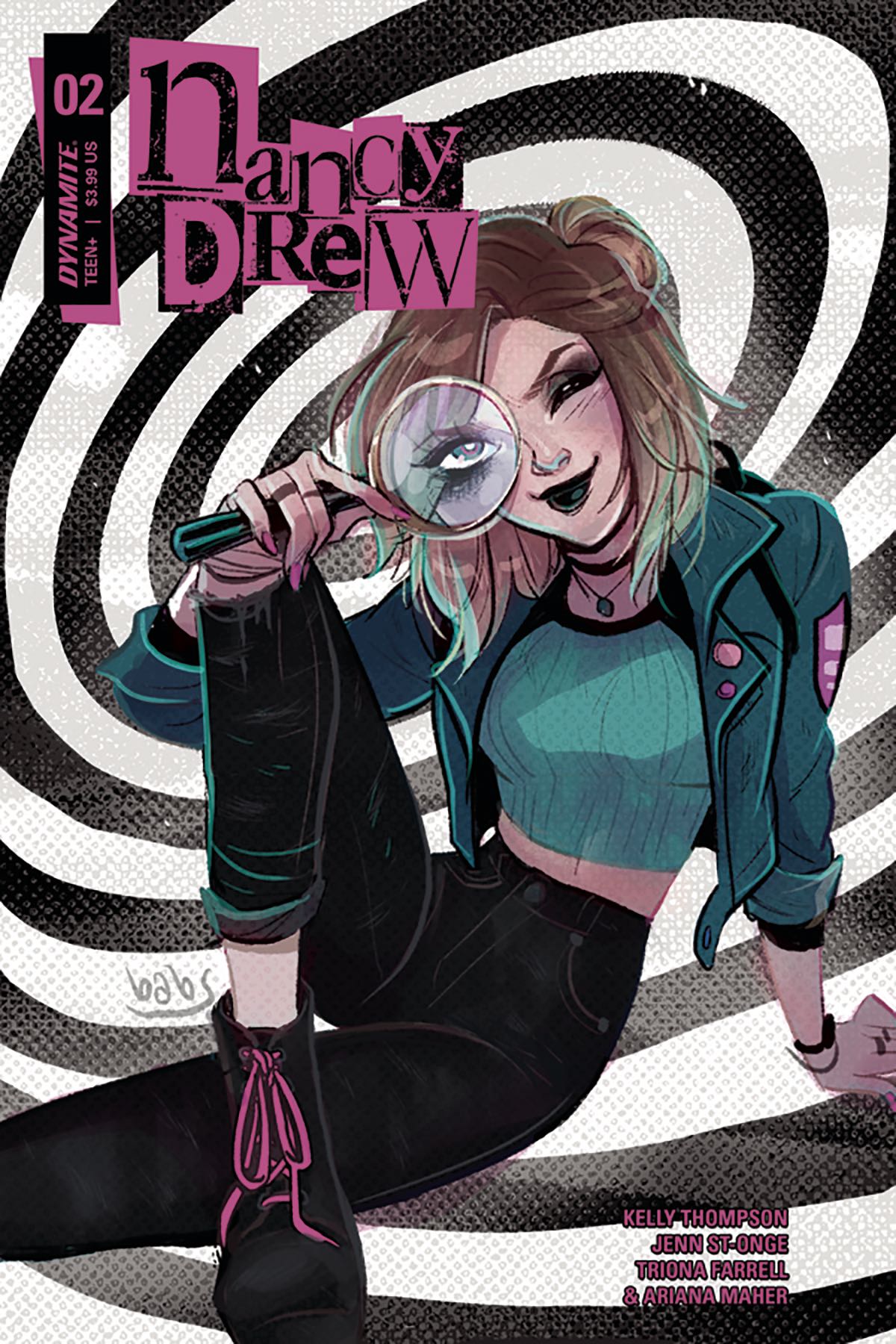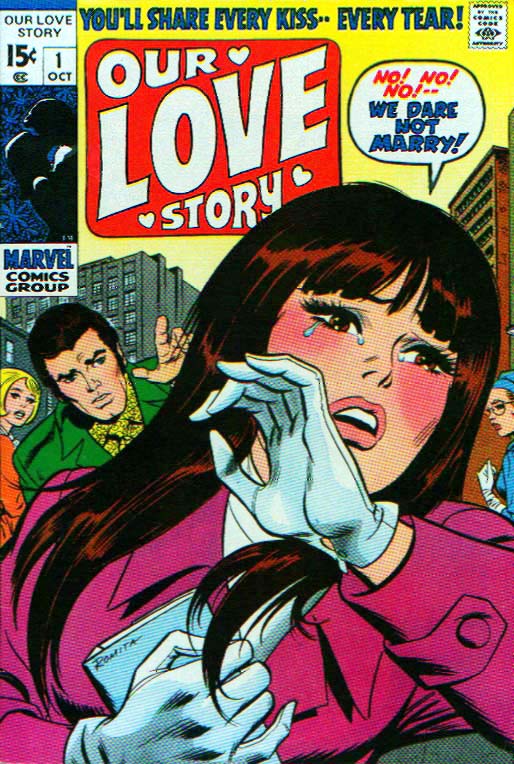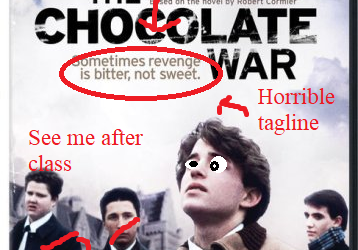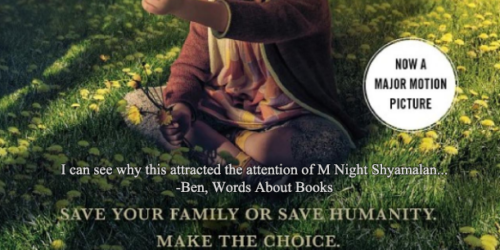Marked – Tonal Dissonance
Recently on the podcast we discussed “Marked” by Sarah Fine. As I write this post, I’ve just finished up editing for our second and final episode in the series on Marked. It’s been some time since the recording and the present. As I was listening to the playback I found myself frowning whenever I disparagingly referred to certain scenes in the book as “pornography.” I don’t know if present-Ben fully agree’s with past-Ben’s tone. I still don’t think the scenes are particularly well executed, or appropriate in the context of the larger narrative, but I feel like I may have unfairly characterized erotica or erotic romance as the “lesser” genre when compared with the vanilla romance or fantasy aspects of the book. In this blog post I would like to clarify my position. The problem with Marked is not that it incorporates erotica into the story, but rather that it does so in a way that clashes tonally with the story that is being told.
That brings us to the topic of tonal dissonance. When I use the phrase “Tonal Dissonance” in this context, I’m referring to a lack of harmony between the emotional tones that are used for expressing the different subplots of the story. Marked has 2 subplots, which in screen writing would be referred to as the A story and the B story. Traditionally, the “A story” is the primary story. It is the main quest. The “B story” is a secondary supporting story that runs in parallel and often relates back to the A story. In Marked the A story is the mystery surrounding the suspicious death of Cacy’s father. The B story is the will-they-won’t-they romantic relationship between Eli and Cacy.

The tone of the A story is serious urban fantasy. Most of the world-building happens here. It reminded me a lot of Samantha Shannon’s Bone Season series (which I love). Cacy is actively investigating her father’s death. She begins to use her role as executor of his will to find out more information about his business interests prior to his death. She interviews multiple people from her father’s staff to the great God of Impending Doom himself. Eli and his sister seem to be involved in her father’s final activities somehow.

The tone of the B story is that of an erotic office romance. The sexual attraction between the two leads is immediately established, but there are (weak) reasons for both of them to be hesitant to act on this attraction. Eli is trying to keep a low profile and stay out of trouble. Getting involved with his boss’s princess sister would complicate his life. Cacy recently left a serious relationship in a very traumatic fashion.
For the first half of the book these two plot threads exist in relative harmony, but as more page time is devoted to the b-story the dissonance is felt. The A story is serious, disciplined, and focused. The B story is raw, unbridled passion. The combination works. In fact, it’s very well executed in numerous other fantasy stories, such George R. R. Martin’s Song of Ice and Fire. It works as long as the A story remains the A story. Should the B story slowly become the main story things may start to fall apart. It is easier to incorporate moments of erotic romance into a disciplined political drama than it is to incorporate moments of disciplined political drama into erotic romance.
At a certain point in Marked the plot threats flip. From the moment Cacy and Eli first give in to their passion the mystery story takes a back seat to their erotic romance. From this point on the main characters will only interact with through it’s direct interference with their relationship. Cacy never again discusses her father’s business, will, or murder. She casually brushes up against a few clues and forced red herrings as she accidentally observes other characters solving the mystery off screen. The Tonal Dissonance has hit it’s peak. The stakes of solving the mystery and stopping the unseen evil increase, but our main characters devote less and less time to it. The book ends with the revelation that Cacy failed to unravel the mystery of her fathers murder. She happens to be in the right place at the right time to witness the unraveling only by virtue of her partner coincidentally being related to the most important person in the world.
Having spent many many hours analyzing this book, I truly feel that this flipping of the script is the core issue. It is not the way that the sex scenes are described. I will repeat. It is not that the book incorporates elements of erotica. The tonal dissonance of the subplots within the narrative leaves the reader (at least this one) disoriented, unable to fully empathize with the main characters’ goals and relationship.
It is possible that this is an issue that is resolved in later installments of the series, but as a reader, I am unlikely to give those books a chance. Ensuring that the plot points that are set up are paid off is something I plan on being much more aware of in my own writing. For that reason, I think it is important not to just hand wave away a book that doesn’t work, but to really try to understand why it didn’t work. I apologize to all of the erotic romance enthusiasts out there for being flippant about the genre and not giving this book the proper analysis it deserved the first time around.





